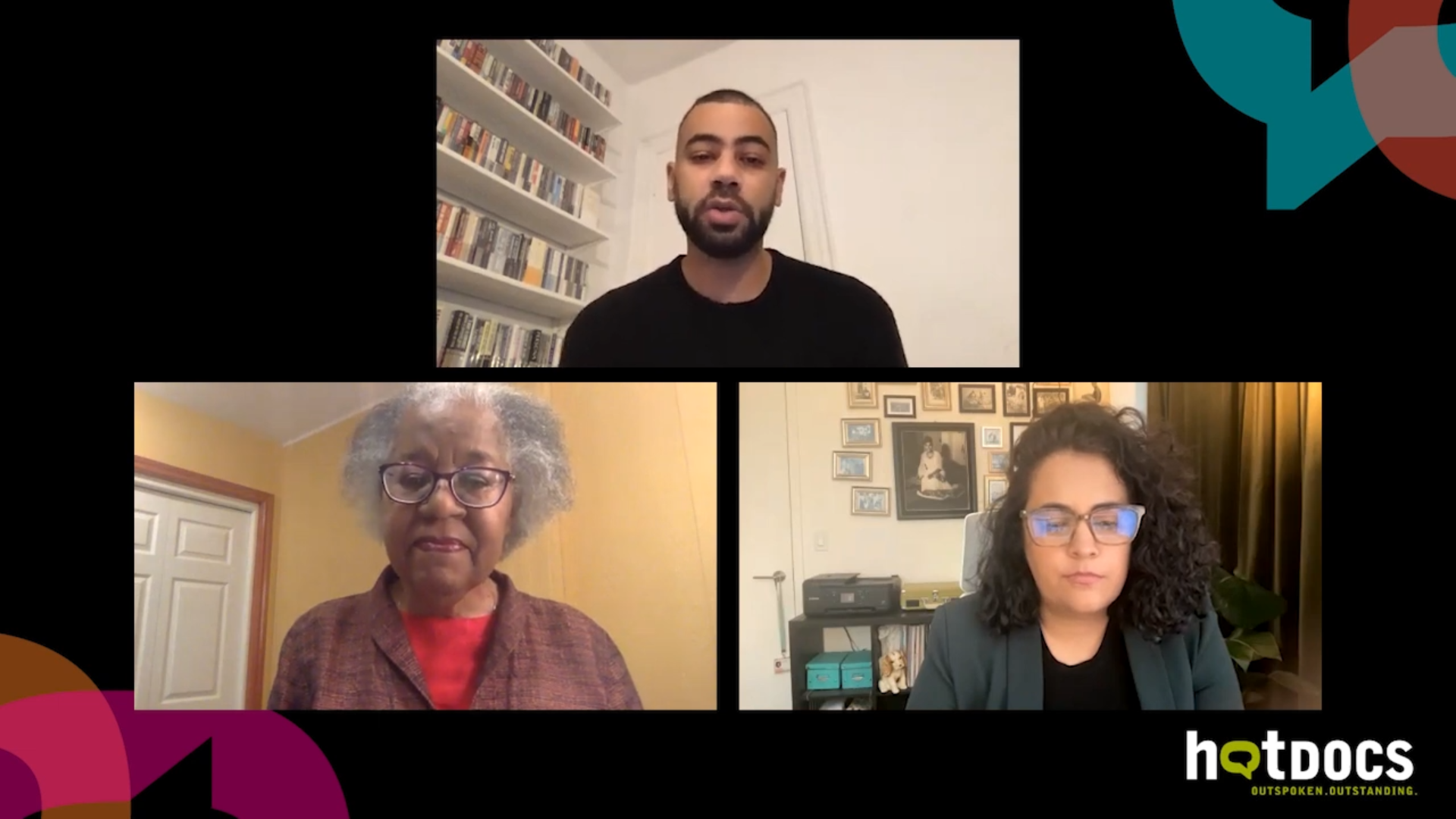The Canadian film and television industry continues to confront systemic racism affecting the lives and careers of Black artists, as well as Indigenous creators and People of Colour. The Fabienne Colas Foundation, for example, announced yesterday the launch of the Festwave Institute with the support of the Government of Canada’s Ecosystem Fund. The Festwave Institute serves to bolster the careers of Black entrepreneurs in the Canadian screen sector.
The initiative recognizes the role that entrepreneurship plays in the cultural sector, as 52% of workers in the creative sector are self-employed according to Statistics Canada. (This figure is compared to roughly 12% self-employed Canadians in the overall workforce.) Meanwhile, the creative sector lags behind in racial equity with only 13% of artists identifying as racialized compared to 21% of the overall workforce in Canada.
A recent equity audit of British Columbia’s Knowledge Network, for example, revealed that only 1.7% of pre-commissioning dollars were spent on productions by companies with racialized creators during the previous seven fiscal years. Zero percent went to commissions by Indigenous-owned companies, while the remaining 98.3% of pre-license funding went to companies with white owners.
The Festwave Institute offers skill-training opportunities and business development for Black creators to use the self-starter advantage of entrepreneurship to advance in the creative sector where barriers remain. “We all want to see a Canada where everybody works together side by side, where everybody gets a fair chance to be mentored and trained, to be seen, heard, promoted and supported as they deserve to be,” said Fabienne Colas, in a statement. “The Festwave Institute is a long-held dream that will help bring everybody together to reflect the reality of our diverse Canadian culture on screen and behind the camera.” Colas has developed other opportunities for Black creators in Canada, including the Toronto Black Film Festival and its sister festivals in Montreal and Halifax. TBFF, running February 15-21, includes short programmes like “Being Black in Toronto,” which spotlight emerging talents like Niya Abdullahi and Rennae Byfield.
With the Canadian screen industry generating over $12 billion to the GDP and employing over 170,000 people across the country full-time, the racial disparities are significant. “Film is a way to represent reality and enable voices to be heard, and the sector is a major contributor to our economy,” added the Honourable Pascale St-Onge, Minister of Sport and Minister responsible for CED. “The Fabienne Colas Foundation quickly understood this need to provide concrete opportunities to Black entrepreneurs, filmmakers, and creators, especially women and members of the LGBTQ2 community. Inclusion and representation are important in our society and take place through the cultural sector, among other things.”













